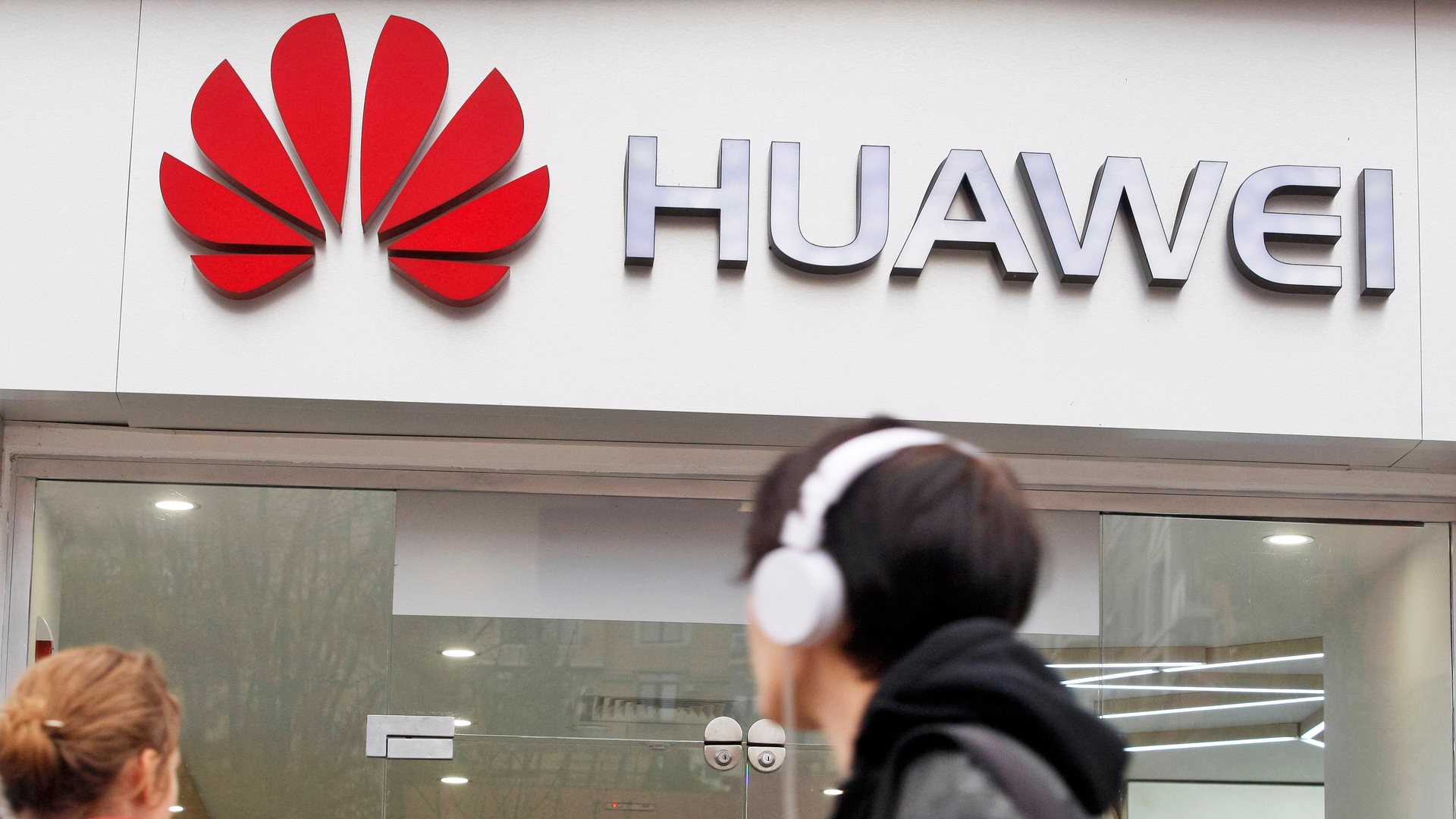ARM, EE and Microsoft form the latest companies to exclude Huawei
The effects of these inclusions, if made permanent, have been descibed as "insurmountable"


Huawei is facing a host of challenges as more of its partners strip its products from their stores and exclude them from the latest lucrative deals.
A swathe of companies and partners to Huawei have announced this week that they won't be supporting the sales of Huawei devices, further damaging the company's chances of success outside of China.
The company has said that it will be working on its own mobile operating system as doubt is cast over its future with Android in the wake of President Trump's executive order imposed last week.
The restrictions have been loosed for the next 89 days, but after that time, all future Huawei devices released may not have a license to use the Android OS, meaning it must develop its own or use something else.
The problem with this is that whatever mobile OS it chooses to use, it's likely to cause difficulty for the company and its users with regards to the effectiveness of its functionality without a diverse ecosystem of apps made available for the freshly-developed OS in its infancy.
"This move will have critical impact toward Huawei's business around smart phones," said Charlie Dai, principal analyst at Forrester. "Huawei has its own mobile OS as a backup, but it's not fully ready yet and it's very difficult to build up the ecosystem as what Huawei has been doing on Android."
"Eventually, it's no good toward consumers around the world, and It's a pity that customer value facilitated by open-source spirit is now ruined by the politics," he added.
Get the ITPro daily newsletter
Sign up today and you will receive a free copy of our Future Focus 2025 report - the leading guidance on AI, cybersecurity and other IT challenges as per 700+ senior executives
Speaking at an event in Brussels on Tuesday, Huawei's representative to the European Union institutions Abraham Liu said that current Huawei users needn't worry, but emphasised that future devices that will be launched are under threat.
"For existing models already in market - there is no major impact," he said, reported Bloomberg. "For the future [devices], both teams (Huawei and Google) are still working together to figure out what to do."
In other news, EE announced today that despite using Huawei equipment in its 5G launch next week, it will not be supporting Huawei phones for its initial 5G plans that are available for preorder today.
"Until we get the information and confidence that gives us the long term surety that our customers, when they buy those devices, are going to be supported for the lifetime they've got the device with us," said Marc Allera, CEO of BT's consumer brands.
Microsoft also stripped Huawei's MateBook X Pro laptop from its online store today, seemingly in response to the executive order against Chinese technology companies.
In a statement issued on Wednesday, a Huawei spokesperson said that the company valued its partners but "recognised the pressure some of them are under, as a result of politically motivated decisions".
"We are confident this regrettable situation can be resolved and our priority remains to continue to deliver world-class technology and products to our customers around the world."
It's the first sign of Microsoft's compliance with the order since the order took effect and also marks another challenge Huawei must overcome in order to stay competitive in the laptop market. It could signal the possibility that Huawei laptops may lose their license to support Windows OS, in which case Huawei may have to ship devices with a Linux-based OS or create their own for PCs too.
To make matter worse, the chipmaker ARM has instructed employees to suspend business with Huawei, according to an internal memo obtained by the BBC.
ARM produces technology that plays a strong role in the architecture of most mobile processors in the world. The memo reads that the company's designs contained "US origin technology" and could thus be affected by Trump's order.
One analyst speaking to the BBC said that if the move became permanent, then the consequences on Huawei's business would be "insurmountable".

Connor Jones has been at the forefront of global cyber security news coverage for the past few years, breaking developments on major stories such as LockBit’s ransomware attack on Royal Mail International, and many others. He has also made sporadic appearances on the ITPro Podcast discussing topics from home desk setups all the way to hacking systems using prosthetic limbs. He has a master’s degree in Magazine Journalism from the University of Sheffield, and has previously written for the likes of Red Bull Esports and UNILAD tech during his career that started in 2015.
-
 Bigger salaries, more burnout: Is the CISO role in crisis?
Bigger salaries, more burnout: Is the CISO role in crisis?In-depth CISOs are more stressed than ever before – but why is this and what can be done?
By Kate O'Flaherty Published
-
 Cheap cyber crime kits can be bought on the dark web for less than $25
Cheap cyber crime kits can be bought on the dark web for less than $25News Research from NordVPN shows phishing kits are now widely available on the dark web and via messaging apps like Telegram, and are often selling for less than $25.
By Emma Woollacott Published
-
 Supply chain services, 2023
Supply chain services, 2023whitepaper Covering the leading service providers in enterprise supply chain innovation
By ITPro Published
-
 Transforming the aftermarket supply chain
Transforming the aftermarket supply chainwhitepaper with IBM’s cognitive enterprise business platform for Oracle Cloud and generative AI
By ITPro Published
-
 The Forrester Wave™: API management solutions
The Forrester Wave™: API management solutionsWhitepaper The 15 providers that matter the most and how they stack up
By ITPro Published
-
 A green future: How the crypto asset sector can embrace ESG
A green future: How the crypto asset sector can embrace ESGWhitepaper Understanding the challenges and opportunities of new ESG standards and policies
By ITPro Published
-
 A guide to ESG reporting frameworks
A guide to ESG reporting frameworksWhitepaper Guidelines to assist with your approach to ESG reporting
By ITPro Published
-
 Ensuring compliance with the National Bioengineered Food Disclosure Standard (NBFDS)
Ensuring compliance with the National Bioengineered Food Disclosure Standard (NBFDS)Whitepaper How food manufacturers can enhance traceability with technology to be compliant
By ITPro Published
-
 Nine steps to IT audit readiness
Nine steps to IT audit readinessWhitepaper How technology can help win back your time and reduce IT risk
By ITPro Published
-
 KRI basics for IT governance
KRI basics for IT governanceWhitepaper How information technology & information security can implement this crucial part of risk management
By ITPro Published